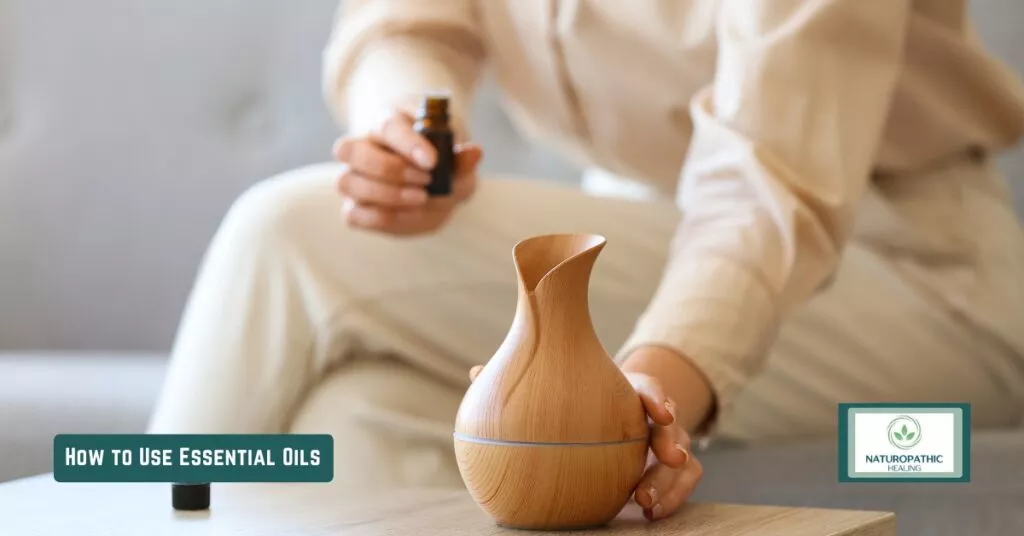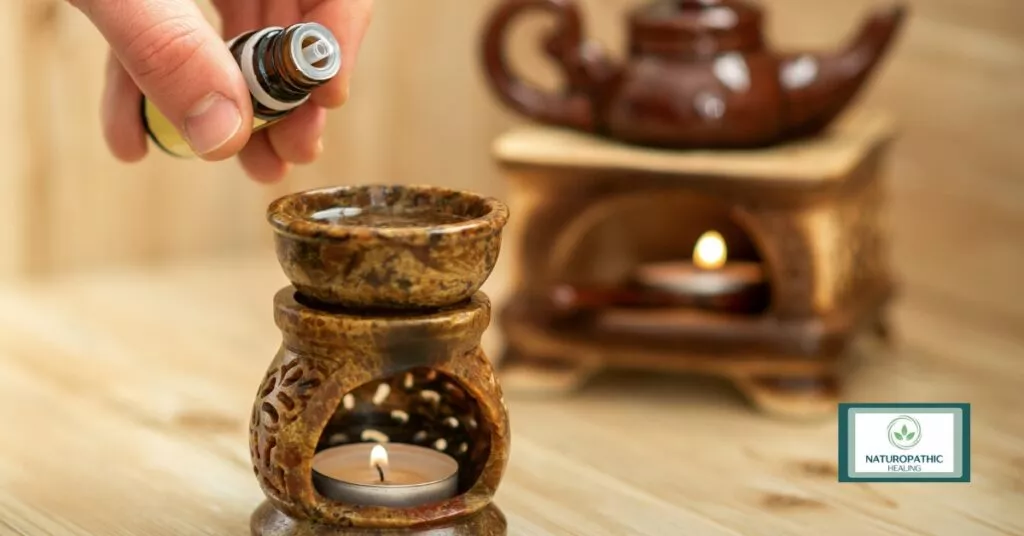As someone who has dealt with a persistent cough before, I know how frustrating it can be to try and find relief. That’s where essential oils for cough come in, offering natural remedies without unwanted side effects.
Essential oils have been used for centuries to treat a variety of ailments, including coughs. These oils are extracted from plants and contain natural compounds that can help soothe the throat and reduce inflammation. While more research is needed to understand the benefits of essential oils for coughs fully, many people have found them to be a helpful addition to their cough relief regimen.
In this article, I’ll be exploring some of the most popular essential oils for coughs and how they can be used. From eucalyptus to peppermint, there are a variety of oils that have been shown to have cough-relieving properties. Whether you’re dealing with a dry, hacking cough or a chesty, phlegm one, there’s likely an essential oil that can help. So, let’s dive in and explore the world of essential oils for cough relief.
Table of Contents
12 Best Essential Oils for Cough

As a certified aromatherapist, I have found essential oils to be effective remedies for cough. Here are twelve of the best essential oils for cough:
Eucalyptus Essential Oil
Eucalyptus essential oil is known for its ability to ease congestion and promote clear breathing. Its anti-inflammatory properties make it an excellent choice for respiratory issues, including coughs. It is not recommended for children under 6 and can be toxic if ingested. Research published in the Alternative Medicine Review revealed that eucalyptol exhibits antimicrobial properties.
Rosemary Essential Oil
Rosemary essential oil has antispasmodic properties that can help relieve coughing spasms. Its expectorant properties also help clear mucus from the lungs.
Peppermint Essential Oil
Peppermint essential oil is a natural decongestant that can help relieve coughs by opening up the airways. Its cooling effect can also soothe sore throats.
Frankincense Essential Oil
Frankincense essential oil has anti-inflammatory properties that can help reduce inflammation in the respiratory system. Its expectorant properties also help relieve coughs.
Oregano Essential Oil
Oregano essential oil has antimicrobial properties that can help fight off respiratory infections that may cause coughs. Its expectorant properties also make it useful for clearing mucus from the lungs.
Thyme Essential Oil
Thyme essential oil has antispasmodic properties that can help relieve coughing spasms. Its expectorant properties also make it useful for clearing mucus from the lungs.
Bergamot, Nutmeg, and Cypress Essential Oils
A blend of bergamot, nutmeg, and cypress essential oils can help relieve coughs by reducing inflammation and promoting clear breathing.
Geranium Essential Oil
Geranium essential oil has anti-inflammatory properties that can help reduce inflammation in the respiratory system. Its expectorant properties also help relieve coughs.
Cinnamon Essential Oil
Cinnamon essential oil has antimicrobial properties that can help fight off respiratory infections that may cause coughs. Its expectorant properties also help clear mucus from the lungs.
Tea Tree Essential Oil
Tea tree essential oil has antimicrobial properties that can help fight off respiratory infections that may cause coughs. Its expectorant properties also make it useful for clearing mucus from the lungs. Tea tree oil (Melaleuca) has been shown to impede the growth of harmful bacteria, which are associated with sinus infections and respiratory problems.
Using essential oils for coughs can be a safe and effective way to relieve symptoms. However, it is important to use them properly and seek medical advice if symptoms persist or worsen.
Recommended reading: Essential Oils: A Beginner’s Guide
- Aromatherapy Oils Blend – Harness the immense potential of nature with invigorating pure essential oils for humidifiers diffusers showers and home use with our delightfully clean breathe oil blend
How to Use Essential Oils

As someone who has used essential oils for cough relief, I can confidently say that they can be a helpful addition to your cough treatment plan. Here are some tips on how to use essential oils effectively:
- Inhalation: One of the easiest ways to use essential oils for cough is through inhalation. You can add a few drops of essential oil to a bowl of hot water and inhale the steam, or use a diffuser to spread the scent throughout the room.
- Topical Application: You can also apply essential oils topically to your chest or throat area. Mix a few drops of essential oil with a carrier oil such as coconut or olive oil, and massage it onto your skin.
- Gargling: Gargling with essential oils can also help soothe a cough. Add a few drops of essential oil to warm water and gargle for a few minutes.
It’s important to note that essential oils should never be ingested, as they can be toxic. Additionally, suppose you have any underlying medical conditions or are pregnant. In that case, it’s important to consult with your healthcare provider before using essential oils.
Overall, when used correctly, essential oils can be a helpful tool in managing cough symptoms.
- Essential Oil Diffuser Set: this large home essential oil diffuser delivers aromatic scents in 10 different fragrances. Due to its versatility, we call diffusers for essential oils large room, diffuser for home, diffuser for room.
Risks and Potential Complications of Using Essential Oils

As with any natural or alternative remedy, there are potential risks and complications associated with the use of essential oils for cough. It is crucial to keep in mind that essential oils are highly concentrated substances and should be used with caution.
One of the most significant risks associated with essential oils is the potential for allergic reactions. Some individuals may be sensitive to certain oils, and exposure can result in skin irritation or even more severe reactions such as anaphylaxis.
Another potential complication is the risk of toxicity. While essential oils are generally safe when used properly, ingestion or excessive use can lead to poisoning. Symptoms of essential oil poisoning may include nausea, vomiting, and even seizures.
Additionally, some essential oils may interact with medications or exacerbate certain medical conditions. It is important to consult with a healthcare professional before using essential oils as a cough remedy, particularly if you have any underlying health conditions or are taking any medications.
Overall, while essential oils can be a safe and effective remedy for cough, it is important to use them with caution and under the guidance of a healthcare professional.


